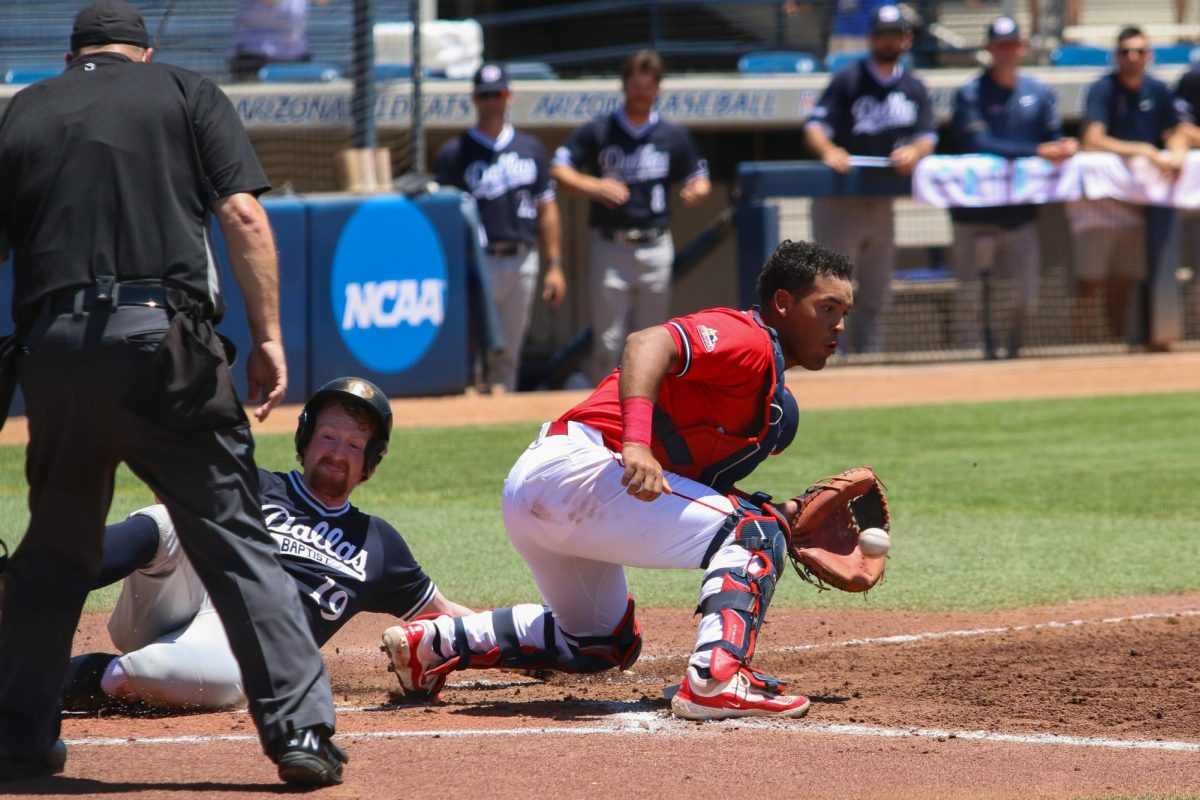If the Daily Wildcat isn’t your sole source of news about what’s going on around Tucson, you know that UA students often have a bad reputation around town. Community members fight to block “”mini-dorms”” and larger student housing projects with the fervor that would be reserved for a new neighborhood chemical plant in another community.
Even if you don’t pay much attention to the media, you’ve almost certainly run up against this sentiment if you’ve ever rented a house near campus; I doubt there’s a UA student who’s not intimately familiar with the infamous ‘red tag.’
Of course, there are plenty of good reasons the public may have the perception that students make bad neighbors. Student lifestyles can be pretty incompatible with those of working families or retirees. We have a tendency to be more “”social”” – in the same way that Coronado is a “”social”” dorm.
At the same time, we do a lot of good for Tucson, ranging from research that improves people’s lives, and outreach programs that design parks, calm traffic and preserve historic structures, to the thousands of dollars raised by fraternities and sororities for organizations citywide.
Why should we care what our neighbors think of us? Well, other than trying to make it through the academic year without a red tag, we’re dependent on each other. Tucson would be in pretty bad shape without us (and our money), and particularly in bad times like these, our university really needs the support of the community.
After all, it’s going to be their calls, e-mails and demonstrations alongside ours that stop the legislature from gutting education in their quest for a balanced budget.
So how do we patch things up with the neighbors? Well, actually knowing who they are is a good place to start. Maybe next time you pass the guy next door you can start a conversation – about the weather, Jamelle Horne or university budget cuts.
Maybe next time you hold a club meeting, no matter what club you’re in, you can come up with a project that can help out the people around us.
For example, the first story I wrote this semester was about the revision of the campus plan, and one of the central complaints voiced by residents was that the landscaped water-harvesting buffer promised around campus had not been built.
I know firsthand that several campus groups are working on sustainability issues – maybe they could partner with these neighbors in lobbying to finally get the work done, or better yet, they could work together to do it themselves.
At very least, try talking to the neighbors before you invite a few friends and their keg over next weekend. If nothing else, maybe you can avoid that second red tag.








